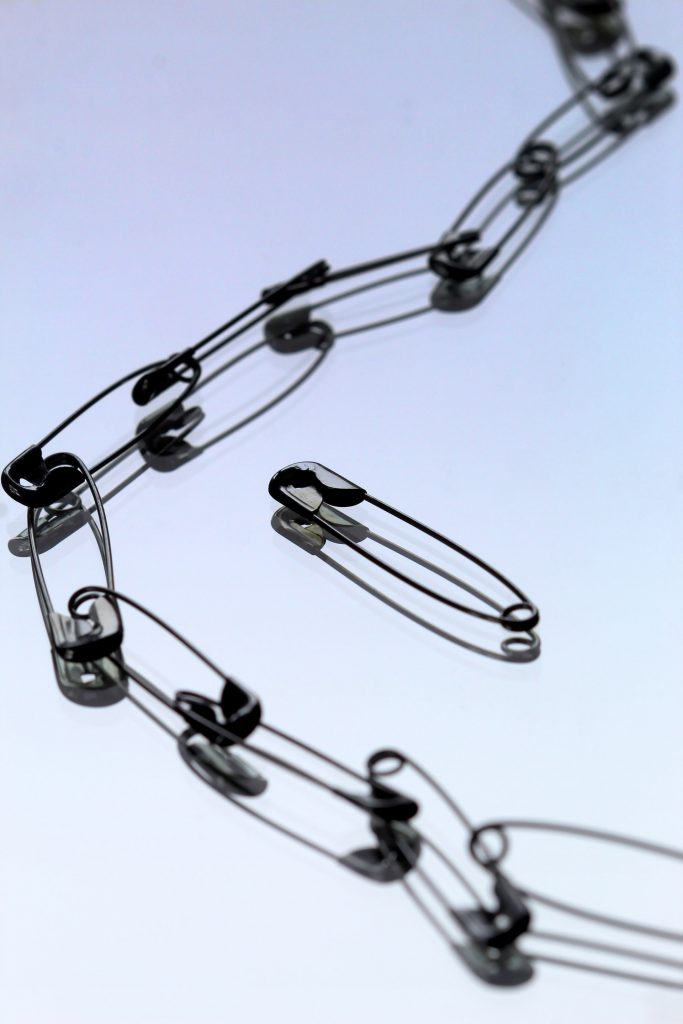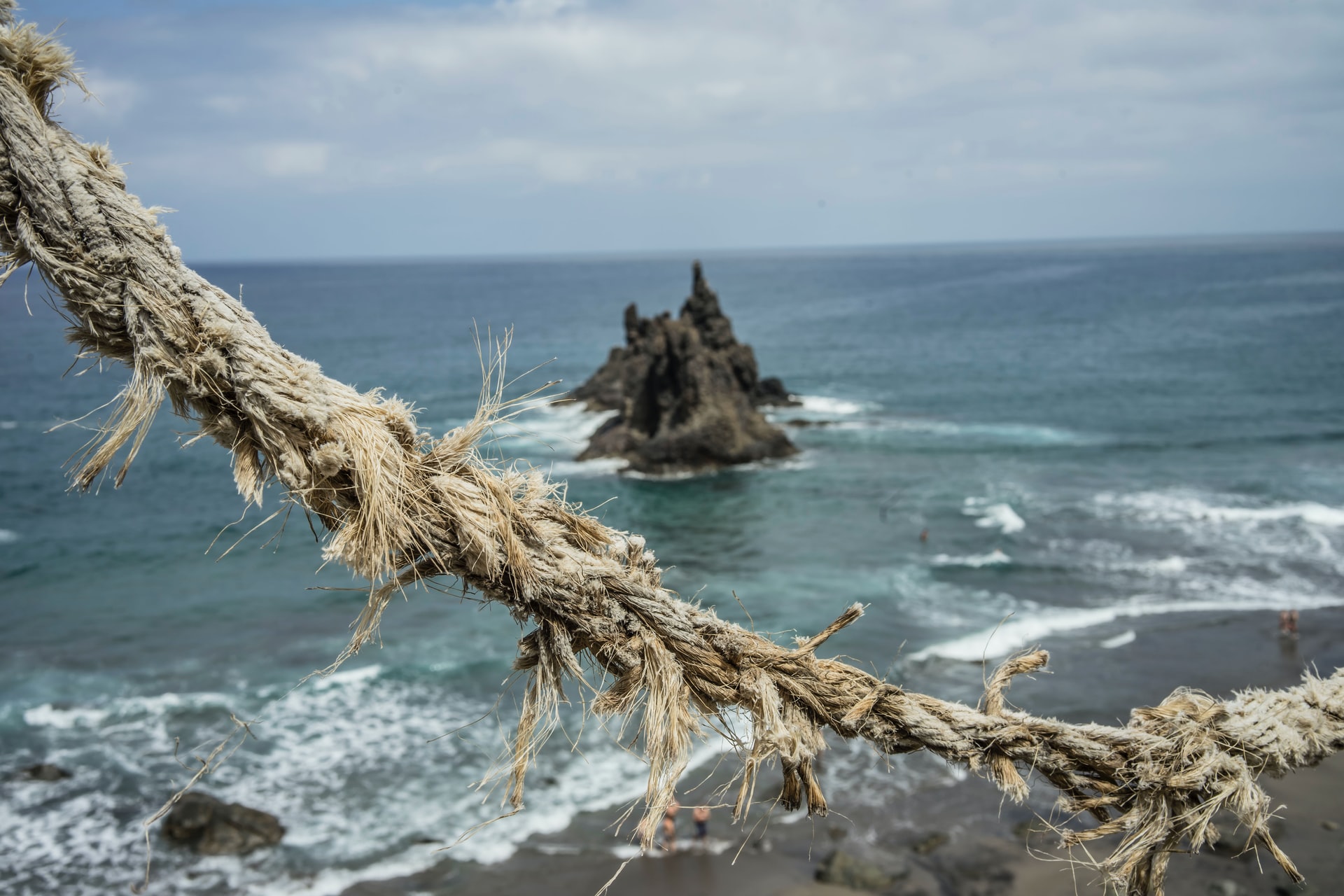
When I first got the request to write this piece after a webinar on the challenges to #ShiftThePower I was hesitant. As a person trying to build a career in the development sector and based in Sweden, Europe but with family roots in Morocco, a former colony in what we call the Global South, where is my place in the #ShiftThePower movement? I was tempted to take the backseat in this discussion due to fear of saying the wrong things or taking up someone else’s space in this crucial debate. Where is the line drawn between using my voice to contribute to the movement and perpetuating the same problematic attitude that the movement is trying to address?
#ShiftThePower has become one of international development’s most prominent buzzwords. A widespread consensus that currently, power is in the hands of donors and international NGOs, while the voices and agencies of partners in what is known as the Global South are muted, and that this needs to change. Despite the consensus, power imbalances and asymmetry persist.
I was tempted to take the backseat in this discussion due to fear of saying the wrong things or taking up someone else’s space in this crucial debate. Where is the line drawn between using my voice to contribute to the movement and perpetuating the same problematic attitude that the movement is trying to address?

Because the people that exist in the movement are complex beings with complex realities and histories, this inevitably makes the movement a complex space which can contribute to one’s confusion in shifting the power. For lack of better options, we use the terms Global North and Global South, but these are extremely homogenizing terms that obscure important differences between countries, societies and people. By making this division, power is only discussed in relation to the North and South while other nuances of supremacy and intersectionality are by default left out. So a person like myself, with roots in the Global South but a life in the Global North is left confused on which side of the Globe I “should” fall. This is not to say that power relations between these areas are not relevant or important, but the complexity of reality is unintentionally excluded with this language. For instance, smaller organizations in the Global North and the Global South both suffer at the hands of larger and more powerful organizations located on their same side of the globe. Not to mention the internal power structures concerning class, gender, race, ethnicity, sexual orientation etc within organizations, on both sides of the Globe. All of which is shadowed by limiting and dividing the discussion of power into the two areas of North and South, ultimately causing us to look away from what power looks like when it is not discussed in relation to each other.
I believe I am not alone, and that there are other people like myself, shying away from this discussion, because they are afraid of misspeaking, even when they mean well. In conversations and terminology about shifting power and decolonizing, it is easy to feel that your reality prevents you from being an authentic voice or contributor. That you do not have the capacity and control to contribute to change. This is a real challenge to shifting power because change starts from within. How we see the world, how we talk and how we act. Shifting power requires a shift of mindset, norms, relationships, and paradigms, not solely a shift of money. Because to shift the stuffy power dynamics, the starting point is the shift within us, which is something everyone can contribute to.
Because the people that exist in the movement are complex beings with complex realities and histories, this inevitably makes the movement a complex space which can contribute to one’s confusion in shifting the power.
This is where I find my place in the movement, in the midst of the dilemma of where I stand in this debate. I want to contribute with texture, because I am neither powerless nor powerful. By encouraging everyone to take part in shifting the power, we can better understand the texture of experiences and to capture the complex reality of it. There is no one group that is or should be responsible to shift the power. It requires the collective effort from everyone because power needs to be shifted at different levels, by different stakeholders and in different ways.
I believe I am not alone, and that there are other people like myself, shying away from this discussion, because they are afraid of misspeaking, even when they mean well. In conversations and terminology about shifting power and decolonizing, it is easy to feel that your reality prevents you from being an authentic voice or contributor.
So if you are like me, unsure of your place in the movement, you are not alone. I encourage you to look over your stance in this highly important discussion. Do not take the easier way out by putting the heavy burden of shifting power on someone else. Do not take the backseat. #ShiftThePower is for everyone.

